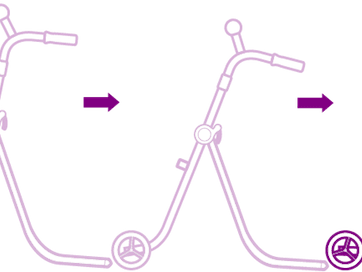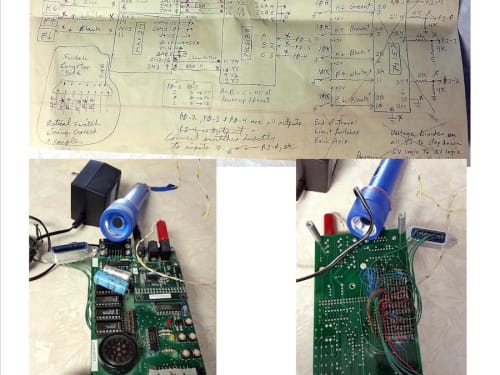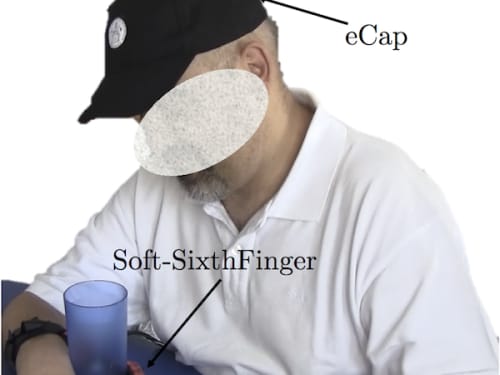2016
Medical
URise Products designed, and is bringing to market, the StandUp Walker (www.StandUpWalker.com), a 2-in-1 stand-assist device that helps users independently rise from a seated position then easily transforms into a medical walker for mobility support.
For many with mobility issues, standing up safely can be the biggest challenge. With the StandUp Walker,
Papayona is a medical device company.
We are developing a wearable accessory that helps patients with hand tremors. The device returns self-control back to the patient's hands.
I have designed a stretcher to lift the patient to an operation theater table or from an operating table to recovery side. Most critical, all types of surgical patients feel and suffer in difficult to handle situations. So keeping this in mind I have designed this type of stretcher to benefit patients.
When first tested, Painfree (P1) wildly exceeded expectations,
Every young family knows the following situation: you go for a walk with your newborn; the swinging of the buggy calms your baby down to sleep. The mother and father like to use this chance to get a break from the daily routine and relax a bit. However,
This project is designed to aid patients unable to manipulate their hospital bed controls yet healthy enough to want to raise and lower their head, knees, feet or bed frame. Voice control is used via microphone or wireless wrist band.
After powering down then up, the program prompts the patient, using an onboard speaker,
THE PALM MEDICINAL BEAUTY BODY SOAP AND THE PALM MEDICINAL BODY OIL
INTRODUCTION
This invention is based on production of herbal soap for the healing of skin diseases. Since the components in the formulation are from the herbal source it is very safe, eco-friendly and does not not produce any harmful effect on the skin.
Stroke is one of the leading causes of long term impairment. On average, every 40 seconds, someone in the United States suffers a stroke. Impairment of the hand grasping function is one of the common deficits after a stroke: approximately 60% of the stroke survivors suffer from some form of sensorimotor impairment associated with their hand.
The worldwide increase in chronic heart failure leads more and more to a shortage of donor organs. Increasing waiting times deteriorate the patients’ condition to such an extent that mechanical ventricular support systems become inevitable to bypass the timeframe until a suitable donor heart is identified.
Page 8 of 9









